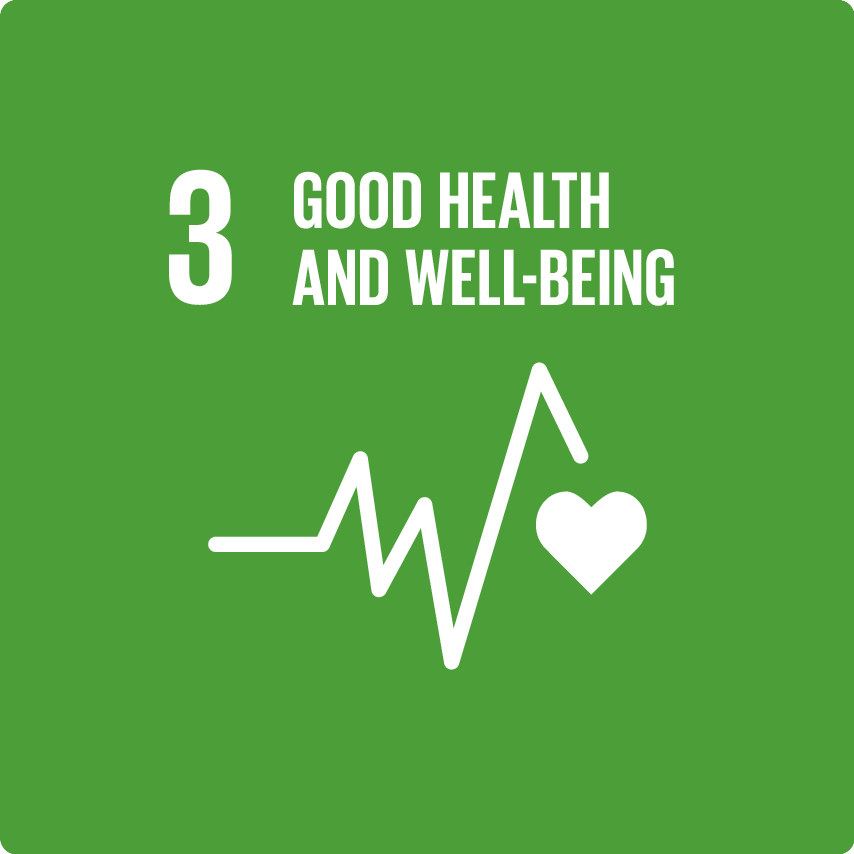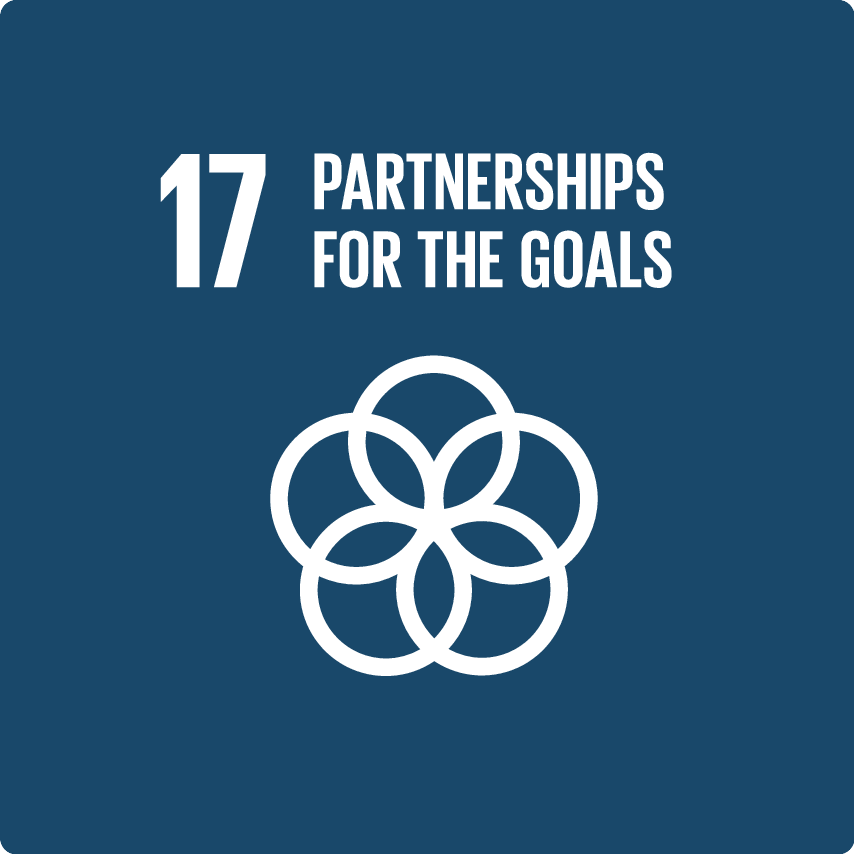Type 1 Diabetes Social Impact Program in partnership with RSSDI
Research Society for the Study of Diabetes in India (RSSDI) supported by Sanofi India Limited (SIL) have shared their social impact collaboration for Type 1 diabetes (T1D) program which is helping to deliver positive outcomes to reduce hypoglycemia and hyperglycemia, resulting in improve care and diagnosis.
SEE ALL PARTNER ORGANIZATIONS
The program has created a universal standard-of-care for the diagnosis and management of this auto-immune chronic condition, which impacts the pediatric population and young adults. The program includes funding for free insulin, syringes, lancets, and glucose strips to 1,300 underprivileged children living with this condition.
Referred to as juvenile or insulin-dependent diabetes, people living with Type 1 diabetes and their caregivers in India continue to face challenges in diabetes management. This is because there are very few dedicated doctors and educators trained to treat and manage T1D. Other challenges are poor public awareness about T1D, the socio-economic burden, and access to proper healthcare facilities, particularly in semi-urban and rural areas.
Other complexities include delayed diagnosis, poor cold-chain management for insulin, and insufficient education for patients and caregivers. Furthermore, it is also observed that Type 1 diabetes results in social isolation, particularly for girls.
Through this social impact program, we are spreading awareness amongst healthcare providers to join us and help promptly diagnose T1D, so that 3 years of healthy life per personi can be restored. Similarly, a provision of access to insulin, test strips and good self-management, could help restore 21.2 years of healthy life per personii .
Hence, RSSDI, India’s leading research organization for diabetes, and Sanofi India joined hands in January 2021 for a three-year social impact program to improve the standard-of-care for timely and better diabetes management in children and young adults. People-to-People Health Foundation (PPHF) is the implementing partner for this social impact program.
Results and milestones
These 1300 children are receiving better education on T1D management. Over the last 9-months (September 2022 to June 2023), the program’s intervention has reduced the number of children experiencing hypoglycaemia (1 to 4 times per week) by 46% (vs. 70%) and children experiencing hyperglycaemia (1 to 4 times per week) by 25% (vs. 52%).
Geographic Reach
- South-East Asia
Disease Area
- Non-communicable diseases
Partner organizations
Research Society for the Study of Diabetes in India (RSSDI)
Geographic Reach
South-East Asia
- India
Disease Area
Non-communicable diseases
- Diabetes

